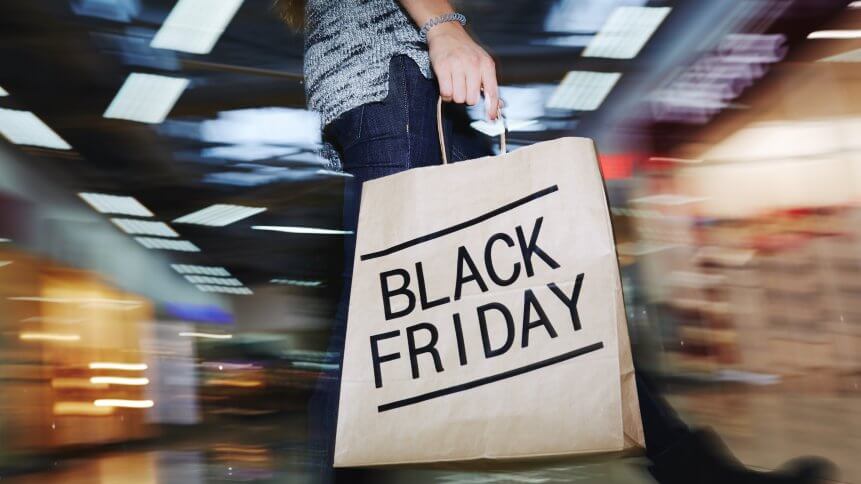Will it be Black Friday or Bleak Friday in the UK this year?

British shoppers are set to spend a record-breaking £8.57 billion (US$11 billion) this Black Friday weekend.
Research, commissioned by VoucherCodes.co.uk and carried out by the Centre for Retail Research (CRR), predicts that the UK will splash out £2.53 billion on Black Friday (November 29) alone, a 3.4 percent increase on 2018.
The UK’s Black Friday spend is forecast to be the biggest in Europe – 29 percent higher than Germany (the second biggest spenders) and more than Italy, Spain, Belgium and the Netherlands combined.
The weekend is more important than ever for UK retailers in the wake of economic uncertainty, fuelled by Brexit and the forthcoming general election— or so the argument goes.
UK shoppers might be set to squeeze more of their Christmas spend into the Black Friday period due to expectations of heavy discounts, but this will lead to an increased strain on retailer profitability, says GlobalData.
Zoe Mills, Retail Analyst at GlobalData, comments: “Black Friday promotional sales continue to outperform the overall quarter as shoppers both delay spend that would have otherwise occurred before the event, while other shoppers bring forward spend, for example, to capitalize on the low prices when purchasing Christmas gifts.”
However, she adds, its influence is waning as growth is forecast to be 2.2 percent versus 3.5 percent in 2018. An increasing number of retailers, including Argos and Currys PC World, are also discounting ahead of the event, often flagging activities up as pre-Black Friday promotions.
YOU MIGHT LIKE

Why tech is the real deal on Black Friday
“While this may ease the demand on logistics operations over the period, it will mean that shoppers demand ever steeper discounts during Black Friday as they expect something more from retailers during this time,” Mills observes.
GlobalData’s research is backed up by the IMRG’s prediction that there will be UK online retail growth of just 2-3 percent during the period. This is the lowest forecast it has put out for a major online sales event before. Even worse, there seems a very real possibility that sales could well be flat or even negative, the industry association reckons.
Singles’ Day
Earlier this month, Alibaba’s annual Singles’ Day notched up US$38.4 billion in sales. It crushed Amazon Prime Day, which this year raked in US$7.16 billion globally from July 15 – 16.
“Today we showed the world what the future of consumption looks like for brands and consumers,” said Fan Jiang, President at Taobao and Tmall.
But are these shopping events really the future of retail or a fad that influences consumer behavior in negative ways? The latter, according to Andy Mulcahy, Strategy and Insight Director at IMRG.
“Sure, Singles’ Day is this massive event but, as we’ve learned through bitter experience in the UK, when you get something that captures shopper attention to that extent, it starts to influence their behavior in ways that are not terribly helpful,” he said in a LinkedIn post.
“Just consider Black Friday in the UK; sales on Singles Day might be up 25 percent in China still, but it doesn’t last – and what are the ramifications for September, October and December? Too late to go back already…”
Make Friday Green Again
In the meantime, more and more brands and retailers are giving Black Friday a miss. Over 300 clothing brands, including Bergamotte, Emoi Emoi, Jimmy Fairly, Manfield and Tediber, have teamed up for Make Friday Green Again, arguing that discount deals encourage consumers to buy goods they don’t need.
At the same time, however, the British Retail Consortium says that the day allows people to buy products they might not otherwise be able to afford.
Good old Black Friday, eh? As divisive, controversial and fascinating as ever.








